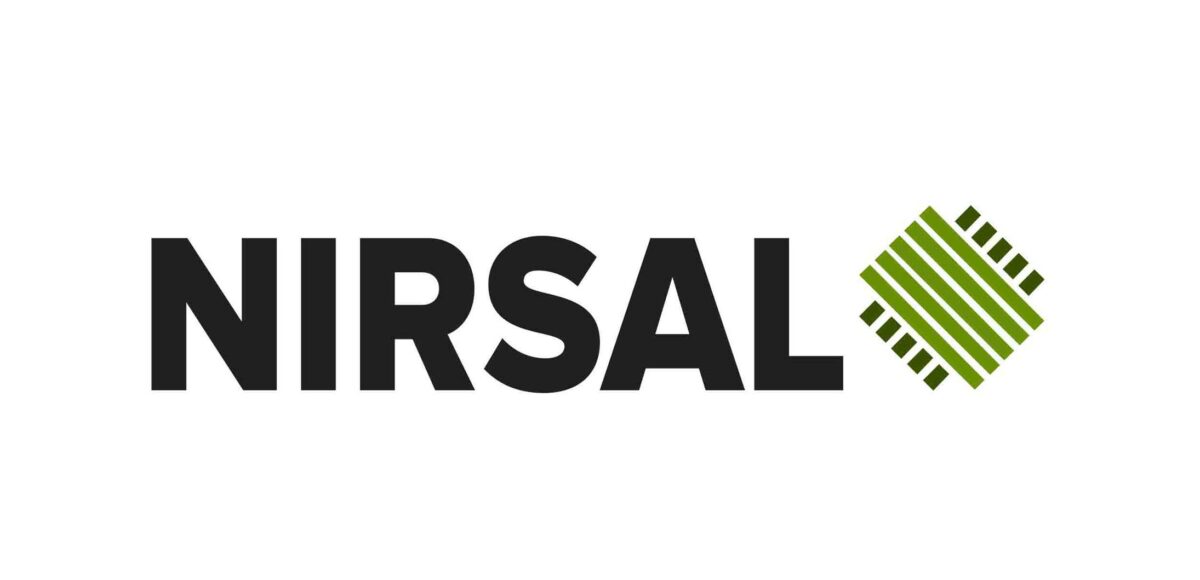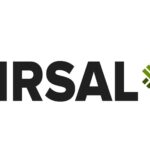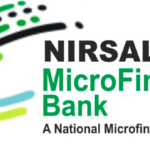Considering how challenging it is for small businesses to thrive in Nigeria, with little support and the economic vagaries that abound, especially occasioned by the COVID-19 pandemic, it is important to commend those providing relief for this important aspect of our economy.
My friend is the owner of a small business and when she was going through dire straits, she walked into one of the branches of the Nigeria Incentive-Based Risk Sharing System for Agricultural Lending (NIRSAL) Microfinance Bank. She accessed the bank’s Anchor Borrowers’ Programme (ABP), which is intended to create a linkage between anchor companies involved in the processing and smallholder farmers of required key agricultural commodities. That decision saved her business.
- Jangebe abduction will be the last – Buhari
How I survived 3 impeachment attempts as dep gov — Abaribe
So, of course, I looked for more information, and I learnt that NIRSAL MFB also runs what it calls Access Target Savings Accounts for MSMEs and individuals who wish to save regularly for a certain period to accomplish a purpose, like saving up shop rent, buying goods, purchasing equipment, etc. A lien is put on the account with limited withdrawals by the account holder based on instructions. For business struggling to pay rent, I thought this was a vital intervention.
NIRSAL MFB is an initiative of the Central Bank of Nigeria (CBN). They have developed a wide array of services which Nigerians have been utilising, like that of the Agric Small Medium Enterprise Scheme (AGSMEIS) loan which gives applicants access to up to N10 million at five per cent per annum – all at very low interest rates.
NIRSAL MFB was incorporated in 2019, and granted a license to operate in the same year. It was set up by the CBN to assist farmers and those in the agricultural value chain access to funds with little interest rate. Its share holding structure comprises 50 per cent by the CBN, while the Bankers’ Committee owns 40 per cent, as well as NIPOST which accounts for the remaining 10 per cent. This kind of structure practically guarantees transparency and diligence in disbursement.
Recently, I came across information regarding the CBN’s introduction of a N50 billion Targeted Credit Facility (TCF) which will serve as a stimulus package to support households and MSMEs affected by the COVID-19 pandemic, which, to be honest, is almost the entire population of Nigeria. The on-going pandemic has led to unprecedented disruptions to global supply chains, sharp drop in global crude oil prices, turmoil in global stock and financial markets, massive cancellation of sporting and entertainment events, lockdown on movements of persons in many countries, and intercontinental travel bans/restrictions across critical air routes across the world.
Loans such as the ones offered by NIRSAL MFB and the CBN will go a long way in mitigating the aforementioned negative effects of the pandemic.
For a country where about 70 per cent of the population is under 30, any development programme will have to take the youth into consideration. It is vital that Nigerian youth can access facilities like the Nigerian Youth Investment Fund (NYIF), which was set up as an initiative of the Federal Ministry of Youth and Sports Development (FMYSD) and funded by the CBN to invest in ideas to build sustainable businesses that can activate enterprise and increase job opportunities in Nigeria.
The fund is dedicated to investing in the innovative ideas, skills and talents of Nigerian youths aimed at turning them into entrepreneurs, wealth creators and employers of labour, contributing to national development. Considering that it targets people between the ages of 18-35 and details the needed actions required to support business establishment, expansion and consequent employment creation for youth in critical economic and social sectors, it will carter to a significant demography of the population.
While all of this is tantalizing, especially for those passionate about small business, it is imperative that such programmes and facilities are made easily available to deserving Nigerians and that Nigerians ensure that they utilise the facilities to develop our economy and build a greater nation.
Mariam Musa Abdullahi, writes from Ungwan Rimi, Kaduna

 Join Daily Trust WhatsApp Community For Quick Access To News and Happenings Around You.
Join Daily Trust WhatsApp Community For Quick Access To News and Happenings Around You.

